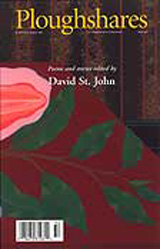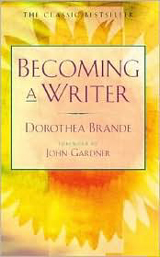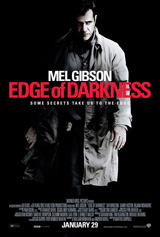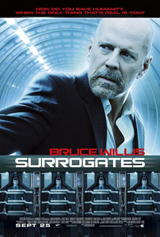It was the best of advice; it was the worst of advice.
Authors are often asked what advice they would give aspiring writers, but sometimes it’s even more useful to ask, “What was the worst piece of writing advice you ever got?”
Here, Mots Justes has compiled answers to both questions given by authors at readings and other literary events. And please share what gems—or duds—of advice you’ve received.
Best
“The best thing anyone told me was that you’re going to get humiliated and you’re going to get humiliated again and you’re going to get humiliated more and when you think they can’t humiliate you any more, they do. But keep writing, produce something good, and they’re all going to come running. Because the world needs good writing and good books.” —Charles Bock, Beautiful Children (Red Hen at the Geffen: Coast to Coast, September 29, 2008)
“Where’s the second story? The world before the story existed has to come into play right away.” —Ron Carlson, Five Skies (Los Angeles Times Festival of Books 2008: Fiction: Serious Prose, April 27, 2008)
“Patience.” —Tobias Wolff, Our Story Begins: New and Selected Stories (Los Angeles Times Festival of Books 2008: Fiction: Serious Prose, April 27, 2008)
“The rough draft is perfect because you have reached the end. You have to be able to read it from beginning to end.” —Jane Smiley, Ten Days in the Hills (Los Angeles Times Festival of Books 2008: Fiction: Serious Prose, April 27, 2008)
“The definition of self-control is choosing the important over the urgent.” —Min Jin Lee, Free Food for Millionaires (Los Angeles Times Festival of Books 2008: First Fiction: Starting Out, April 27, 2008)
“It’s a marathon, not a sprint. Don’t think about ‘the book’ but the small chunk I have to do that day. Willpower is great, but a plan is better.” —Julie Buxbaum, The Opposite of Love (Los Angeles Times Festival of Books 2008: First Fiction: Starting Out, April 27, 2008)
Worst
“[I’ve participated in a lot of writing groups, and after awhile I discovered there was] more talking about writing [than writing]. I got tired of experts. We are a country of bullies and experts. You see it on [writers’] faces that they’ve been working. There’s a little fist in their heart.” —Ron Carlson, Five Skies (Red Hen at the Geffen: Coast to Coast, September 29, 2008)
“To pay a lot of attention to the dramatic arc. Do your characters get redemption in the end, or do they reject it? It’s annoying. But I think you have to understand it. You have to know the rules in order to break them. That focus on the dramatic arc is distracting.” —Greg Sanders, Motel Girl (Red Hen at the Geffen: Coast to Coast, September 29, 2008)








From my mentor, Ann Regentin:
“When you feel like you’ve gone too far, keep going.”
From Nora Roberts:
“You can’t edit a blank page.”
Best:
“Murder your darlings.” -Stephen King, On Writing, talking about cutting out your favorite scenes when they just aren’t working.
Worst:
“Dialogue doesn’t move the story forward.” -Anonymous reader.
Pingback: Twitter Trackbacks for Advice « Mots Justes [motsjustes.wordpress.com] on Topsy.com
Worst advice — a three way tie:
Join a writer’s group. Luckily in my younger days I was unclubbable and never invited back anyway. I still run into people who don’t see how you can write without one, and I usually plagiarize old jokes about fish and bicycles, or going deer hunting without an accordion. The idea isn’t even worth an original put-down.
Write a rough draft all the way through before looking back or revising. For me this is a journey into deepest, darkest cul de sac; rather, I begin each morning by going as far back into the previous work as I dare, and revise for at least two hours before beginning new material. At least my first pages are usually pretty shiny.
Plotting is easy and not what people read for. By avoiding too much time spent with other writers but spending as much time as I can with people who read for pleasure, I’d say 90% of readers — the 90% that I want, anyway — read mainly for plot, and if the plot’s no good, the book’s no good.
“Writing is rewriting.” -Hemingway and others